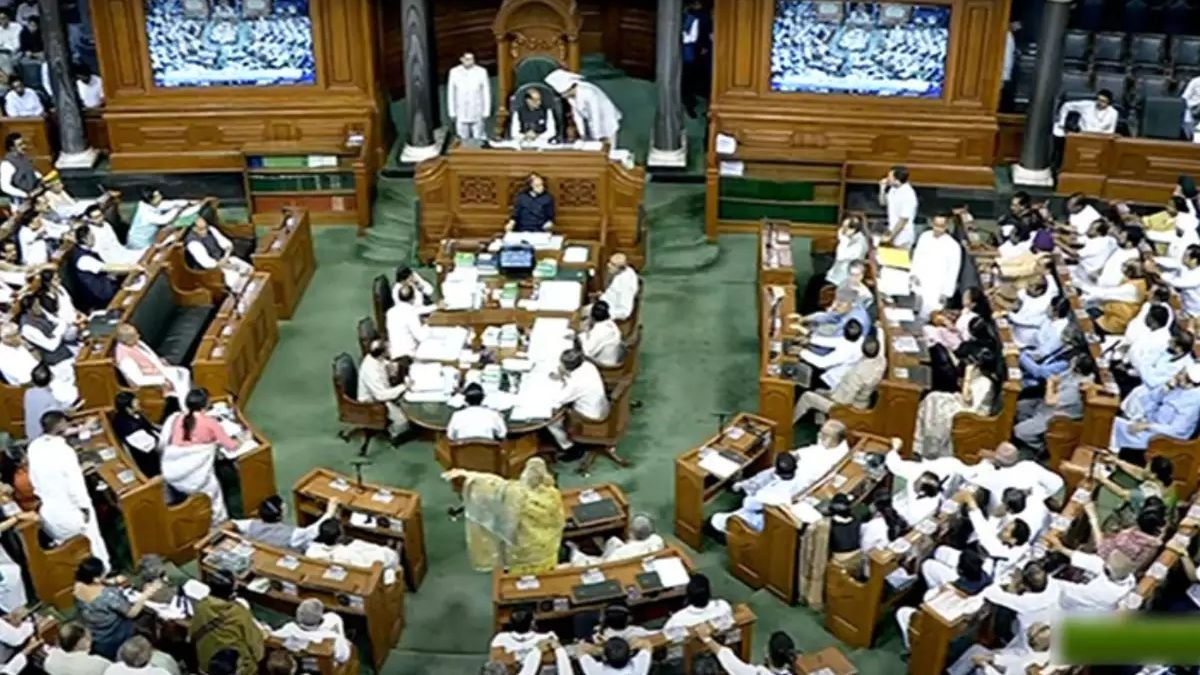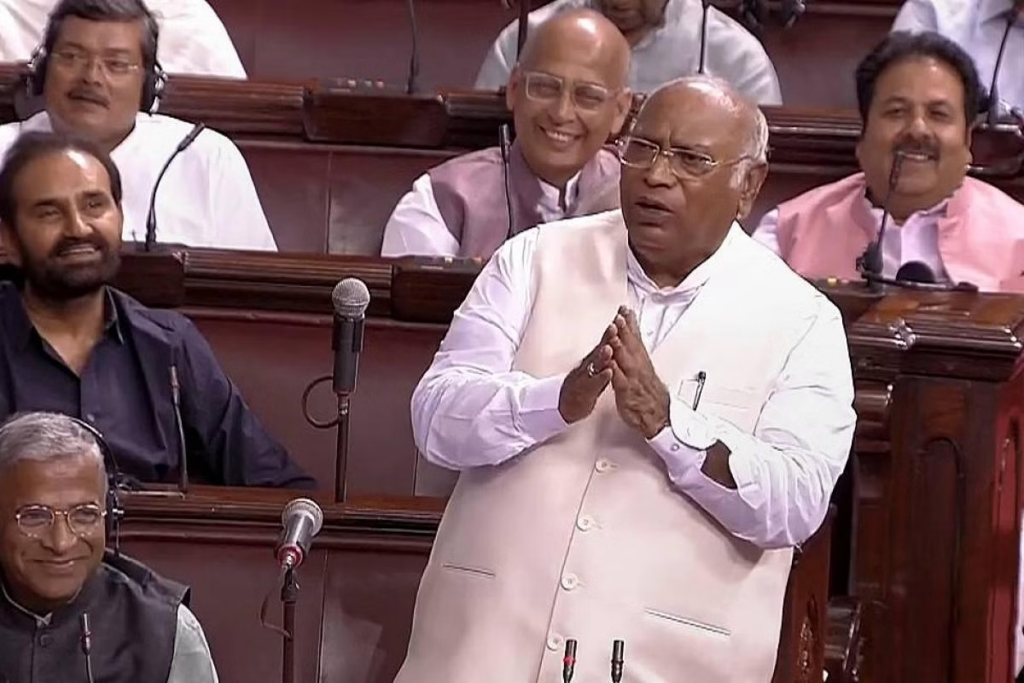NDA’s Victory In No-Confidence Motion: A Closer Look At Opposition’s Challenges

The no-confidence motion brought forward by the grand opposition alliance, I.N.D.I.A., failed to achieve its desired objectives as it was unable to corner the ruling BJP government led by Prime Minister Narendra Modi and Home Minister Amit Shah. Despite the efforts of the opposition leaders, including Rahul Gandhi and Gaurav Gogoi, the NDA emerged victorious in the debate. The debate, which centered around the Manipur situation, took an unexpected turn and covered a broader spectrum of issues.
Strength in Numbers: NDA’s Dominance in Lok Sabha

The NDA’s dominance in terms of sheer numbers played a crucial role in the outcome of the debate. With 332 MPs in the Lok Sabha and the support of other parties such as YSRCP, TDP, and BJD, the NDA had a strong majority of 366 MPs, making up two-thirds of the House strength. This allowed NDA speakers ample time to defend against the opposition’s attacks and even launch counter-arguments, listing failures of opposition-led governments and highlighting their own achievements.
NDA’s Rhetoric and Achievements vs. Opposition’s Critique
During the debate, NDA speakers showcased their achievements over the past nine years, comparing their progress with the previous 70 years. Finance Minister Nirmala Sitharaman emphasized India’s economic transformation through actions rather than mere words. Taking a jibe at the UPA government, she highlighted the shift from promises like ‘Banega’ and ‘Milega’ to ‘Ban gaya’ and ‘Mil gaya’.
In contrast, the I.N.D.I.A. speakers had limited time to focus on criticizing the NDA and listing its failures. This gave the NDA an opportunity to effectively counter-attack and present their own arguments.
Lack of Preparation from I.N.D.I.A. Bloc: A Key Factor
One of the contributing factors to the NDA’s victory was the less prepared stance of the I.N.D.I.A. bloc. The opposition leaders, particularly Rahul Gandhi, failed to make a strong impression with their speeches. Rahul’s speech focused on his experiences from the Bharat Jodo Yatra, but it lacked comprehensive coverage of key issues such as unemployment, inflation, and farm distress. This left an opening for the NDA to assert their dominance in the debate.
Amit Shah’s Rhetorical Transformation and PM Modi’s Strong Closing
Amit Shah’s improved oratory skills played a significant role in countering Rahul Gandhi’s points. His preparedness on the Manipur issue and his improved Hindi delivery showcased his rhetorical transformation. Prime Minister Modi, in his closing speech, criticized the opposition alliance as an “arrogant alliance,” highlighting its internal divisions and its addition of “I”s to NDA due to its perceived arrogance. He expressed hope for peace in Manipur.
Walkout and Absence: Opposition’s Missed Opportunities
As anticipated, the no-confidence motion was defeated. The opposition staged a walkout during Modi’s speech and missed the opportunity to reply to his remarks. Gaurav Gogoi, the leader who had moved the motion, was absent, leading to a strategic oversight.
Lessons Learned: Importance of Effective Oratory
The outcome of the debate underscores the significance of effective oratory skills in the Lok Sabha. The ruling party’s speakers, with sharper content and better preparation, managed to convey their message effectively, while the opposition’s lack of strong orators hindered their ability to present a cohesive vision to the public.
The Hindustan Herald Is Your Source For The Latest In Business, Entertainment, Lifestyle, Breaking News, And Other News. Please Follow Us On Facebook, Instagram, Twitter, And LinkedIn To Receive Instantaneous Updates. Also Don’t Forget To Subscribe Our Telegram Channel @hindustanherald








